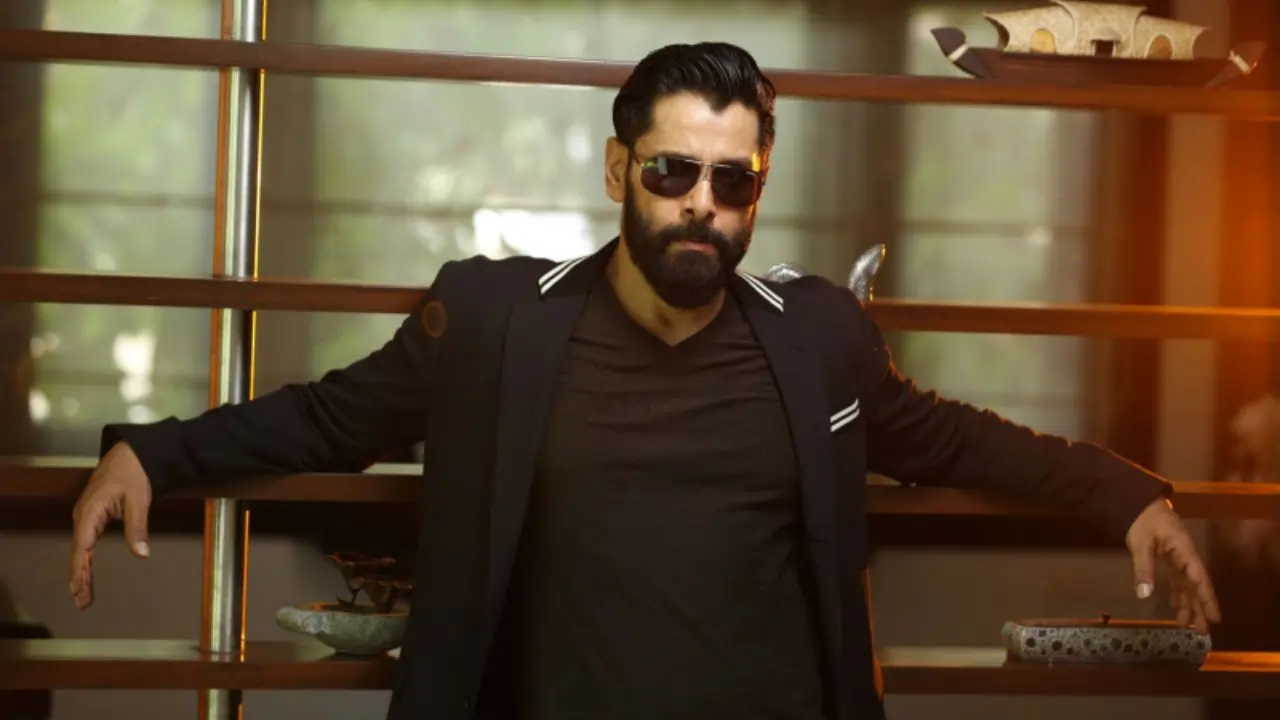
Chronic Concussions End Will Pucovski’s Cricket Journey
8 days ago | 5 Views
Mumbai: Will Pucovski, who held the distinction of being Australia Test cap 460, announced his retirement from all forms of cricket on Tuesday at the age of 27, following a prolonged struggle with concussions resulting from helmet impacts.
The right-handed opening batsman last represented Victoria in a Sheffield Shield match in March of the previous year, where he sustained a blow to the helmet from Tasmania fast bowler Riley Meredith. This incident marked the 13th recorded concussion he experienced throughout his athletic career, which began with a concussion sustained while playing Australian rules football in his youth.
Concussions have become a growing concern across all professional and elite sports involving head impacts, particularly in light of research indicating potential long-term neurological and psychological effects associated with such injuries.
Indian cricket enthusiasts may recall Pucovski as the long-haired 24-year-old opening batsman from his Test debut during the 2021 Sydney Test. He scored 62 runs in the first innings but suffered a shoulder injury while fielding, which sidelined him for the remainder of the series.
Despite being a prolific run-scorer in first-class cricket—accumulating 2,350 runs at an average of 45.19 over 36 matches—his ongoing struggles with concussions were a persistent challenge. A bouncer from Kartik Tyagi during a tour match in 2021 delayed his Test debut until the third Test in Sydney.
“I aspired to be a leader within the batting unit and aimed to play 100 Tests. Regrettably, my journey concludes with just one Test,” he shared with Australia’s SEN news on Tuesday.
In early 2024, Pucovski experienced two concussions within a three-month period, prompting an expert panel to recommend his retirement. After considerable reflection, he chose to heed their advice.
“You want to cling to your dreams for as long as possible, but on the other hand, you desire to live a normal life,” he remarked. “There comes a point when you no longer wish to risk further head injuries and exacerbate any existing brain damage.”
Pucovski discussed the challenges he faced in performing daily activities following his most recent concussion. “In the months following that last concussion, I found it difficult to accomplish anything... even moving around my home was a challenge,” he remarked.
“My fiancée was frustrated because I wasn’t helping with household tasks. I was sleeping excessively. Since then, it has been a difficult year; many of the symptoms persisted, which influenced my decision. The initial months were extremely tough, but the issues did not subside,” he continued.
It became evident that he could no longer pursue his career in the sport.
“The technology is not yet advanced enough to fully understand the situation,” he explained. “When symptoms persist for over a year, and I have experienced others for several years, it becomes challenging to envision returning to professional sports while I am struggling to live my life as I desire,” Pucovski stated.
“It’s a complex situation. There are mental health issues, which represent one aspect. Additionally, the fatigue is quite severe; I frequently experience headaches. I have significant difficulties on my left side. When I encounter stimuli on my left, I feel nauseous and dizzy. I also struggle with motion sickness... Yes, it’s frightening; at 27, I have so much ahead of me and many aspirations I wish to fulfill in my life.”
Concussions in Sports
Concussion injuries are prevalent in contact sports such as American football, soccer, wrestling, boxing, rugby, and ice hockey. The risks associated with repeated concussions have been recognized for a long time, particularly among boxers and wrestlers. A type of chronic traumatic encephalopathy (CTE), known as dementia pugilistica, was first identified in 1928. Awareness of concussion risks in other sports began to increase in the 1990s, particularly in the mid-2000s.
It was not until 2019 that the ICC established a set of regulations to address this issue in cricket.
While concussions in cricket are less common than injuries to the hamstring, lumbar spine, and trunk, they still occur, and over the years, numerous batters have experienced them.
Read Also: Priyansh Arya Torches CSK with Record Century; Preity Zinta’s Reaction Steals the Show
Get the latest Bollywood entertainment news, trending celebrity news, latest celebrity news, new movie reviews, latest entertainment news, latest Bollywood news, and Bollywood celebrity fashion & style updates!
HOW DID YOU LIKE THIS ARTICLE? CHOOSE YOUR EMOTICON!
#




















